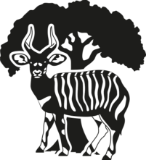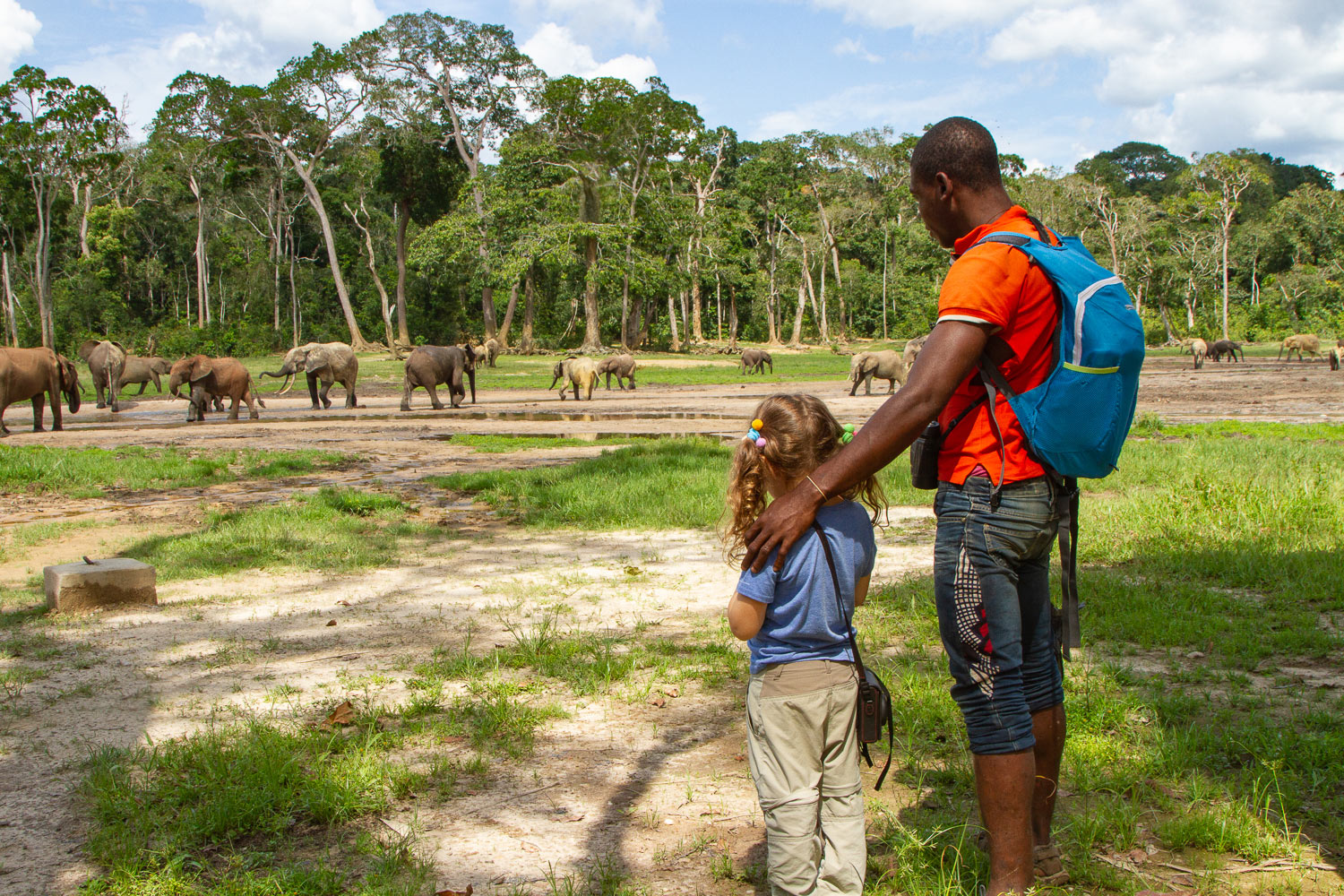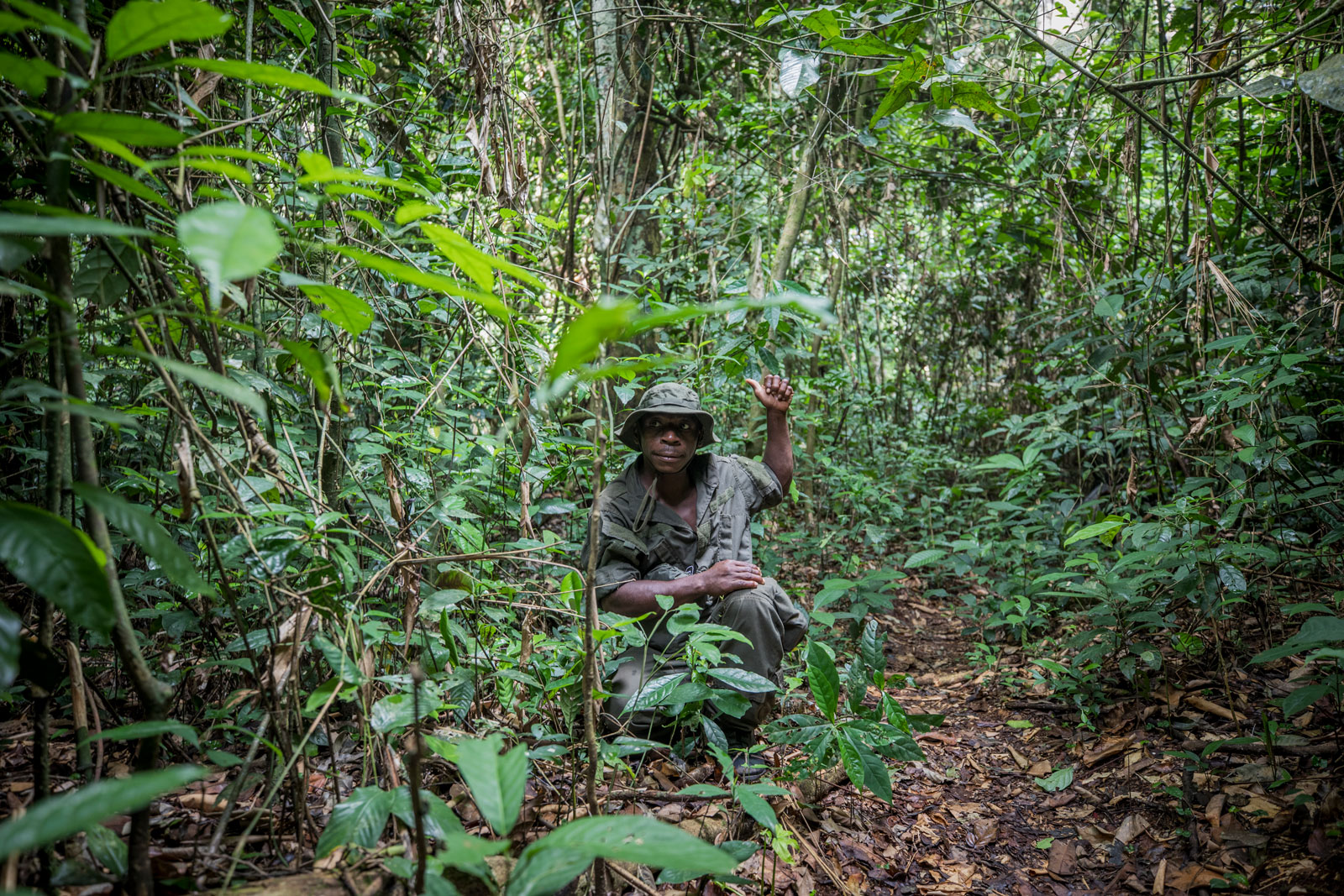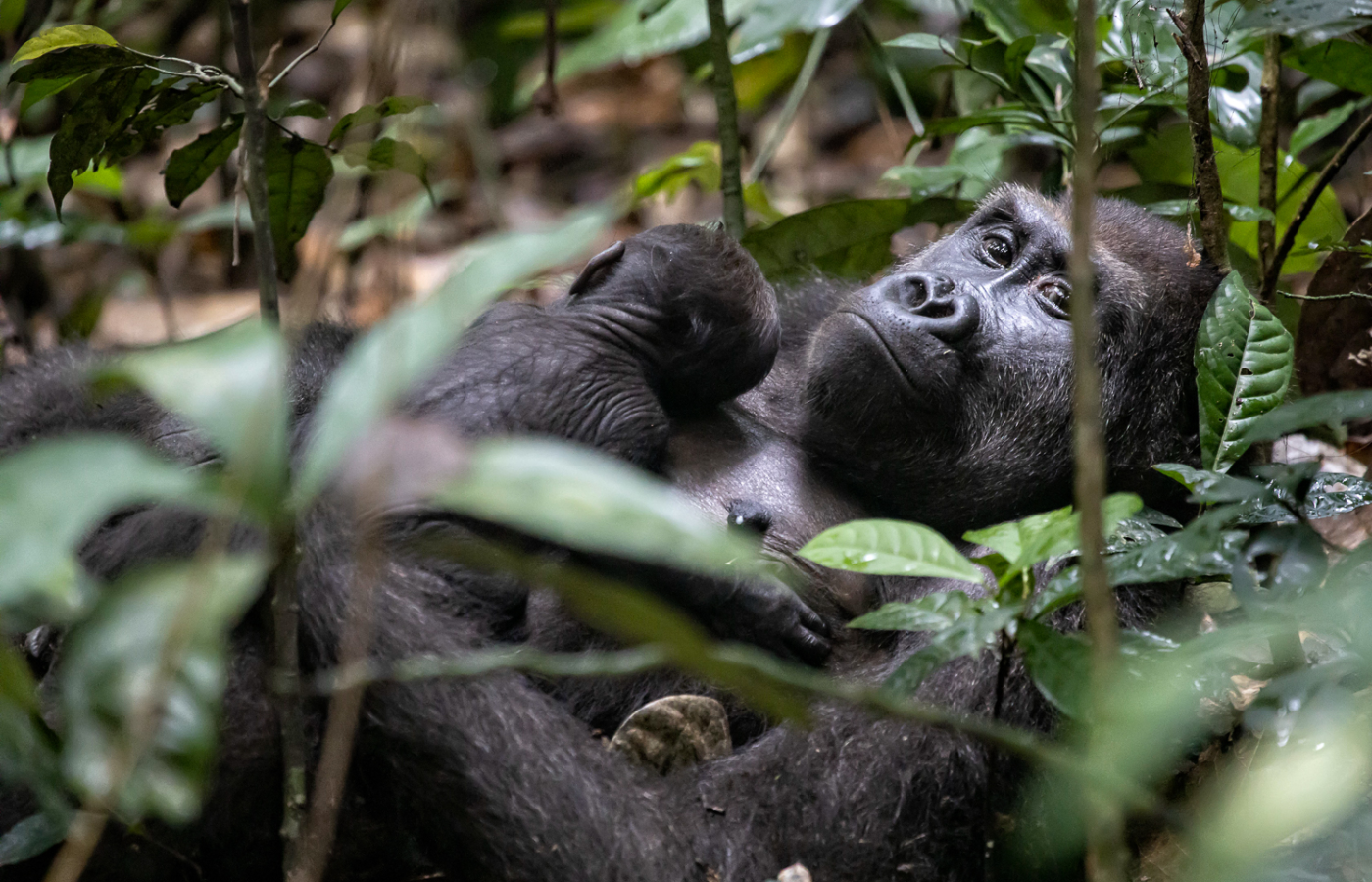
Care for nature and people
What we do
The integrated nature conservation approach in Dzanga-Sangha aims to protect its natural resources while improving the livelihoods of the local and indigenous populations living in the protected area.
In order to achieve this goal, five strategic areas have been defined in which measures will be implemented:
Wildlife and protected Area
– Protection of the forest fauna
– Protection against illegal logging
– Surveillance against poaching
– Maintenance and monitoring of roads and paths in the reserve
Local Communities
– Training and employment of staff from the local community including indigenous people as ecoguards and trackers as well as for health care and community work
– Alternative revenue generating activities: tourist guides and sustainable agriculture
– Strengthening the indigenous BaAka to protect their culture and traditional knowledge with the help of the youth organisation Ndima Kali;
– Improve healthcare through a mobile health clinic;
– Participation of the population in tourism revenues, park management and land use planning in the buffer zone;
– Reduction of slash-and-burn farming and promotion of sustainable agriculture;
– Environmental education in schools, nature clubs for children and young people.
– promoting human and indigenous rights
– Sensibilisation to cultural differences, nature conservation and other topics through the establishment of a local radio Radio Njoku
Sustainable Forestry
Implementation of Sustainable Management
The Dzanga-Sangha Dense Forest Special Reserve currently has two timber concessions covering an area of 2111,55 km2 and 2344,65 km2 respectively. The legal requirements provide for sustainable management in this area, but the certification of the companies to which the concessions were granted is still pending.
On this basis, we are working on the minimum requirements that both timber concessions operate within the DSPA until 2026 on the basis of approved and fully implemented management plans. They are lawfully certified or at least involved in a certification process.
Involvement of the Indigenous Population
In addition, we support the indigenous population through participatory mapping, in order to preserve trees that are important in their culture. Those are for example the trees that play a role in traditional rituals or serve as food sources, such as the Sapeli tree, which houses numerous caterpillars at certain times of the year, an important source of protein for the BaAka.
Effects of Deforestation
The effects of deforestation are the opening of roads and paths to transport the timber and the settlement of other people in the region. This increases the growing pressure on the forest, including hunting for bushmeat.
However, the concessions are trying to work together against illegal poaching: Ecoguards are present in this northern area of the reserve and cooperate with the park.
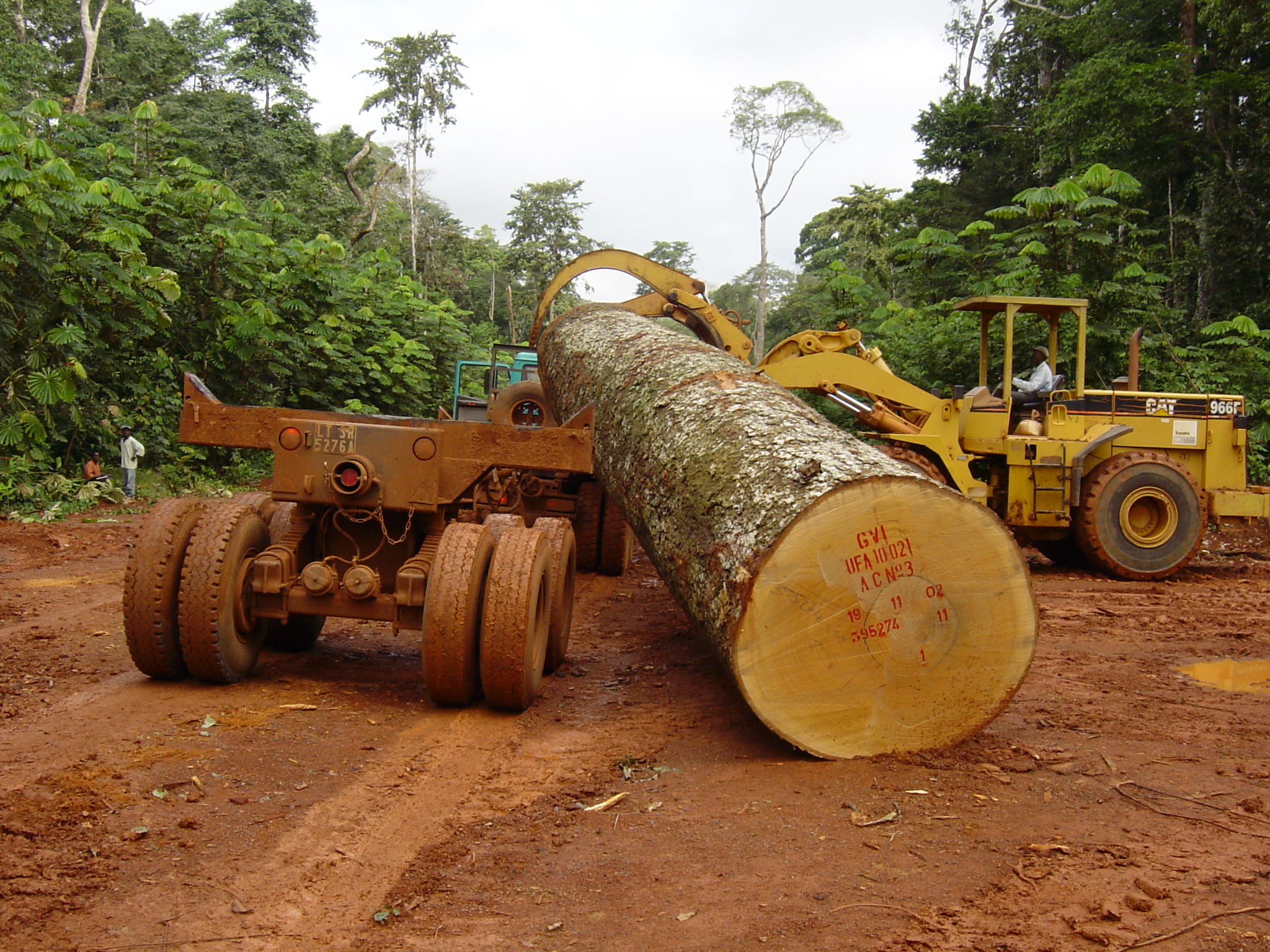
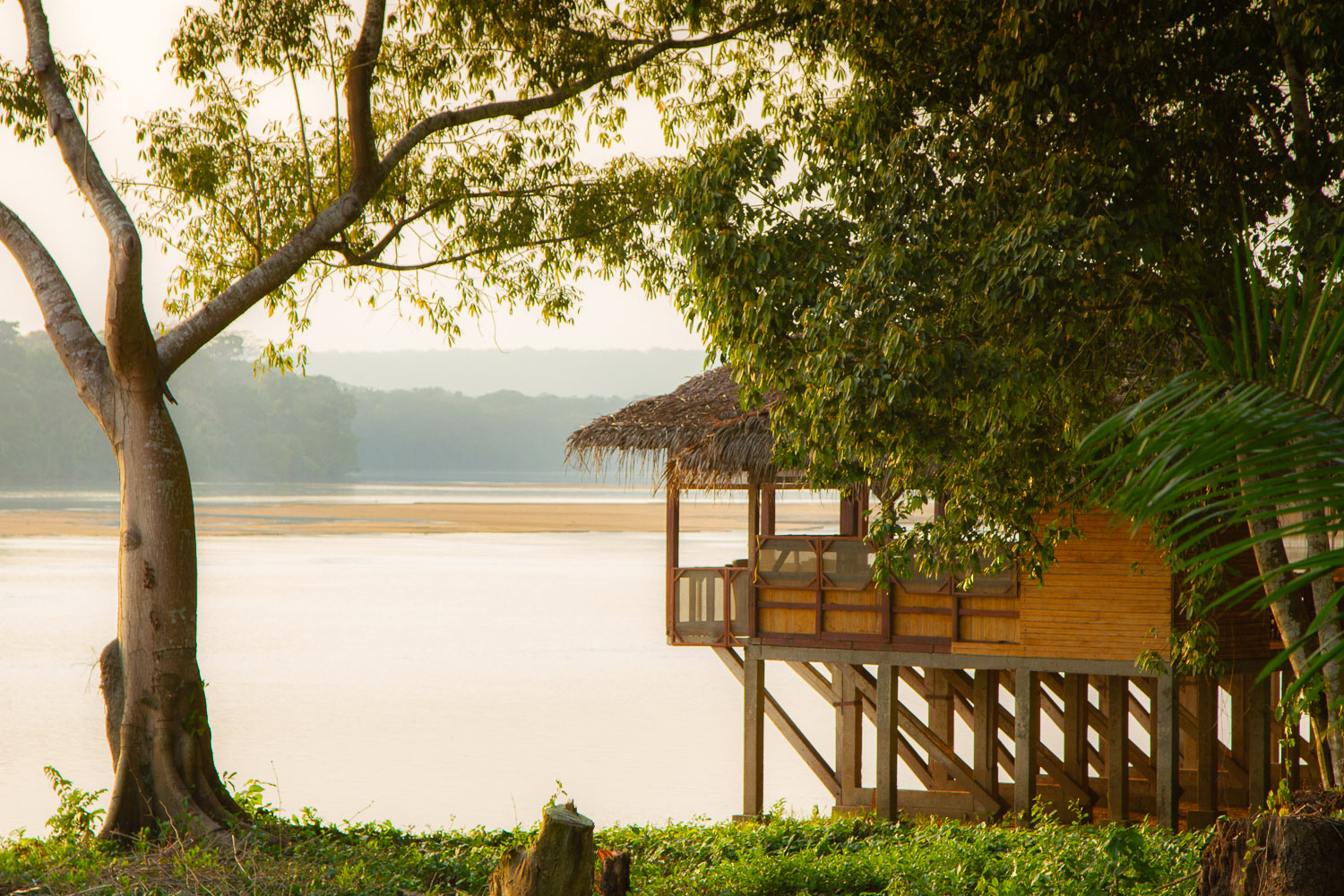
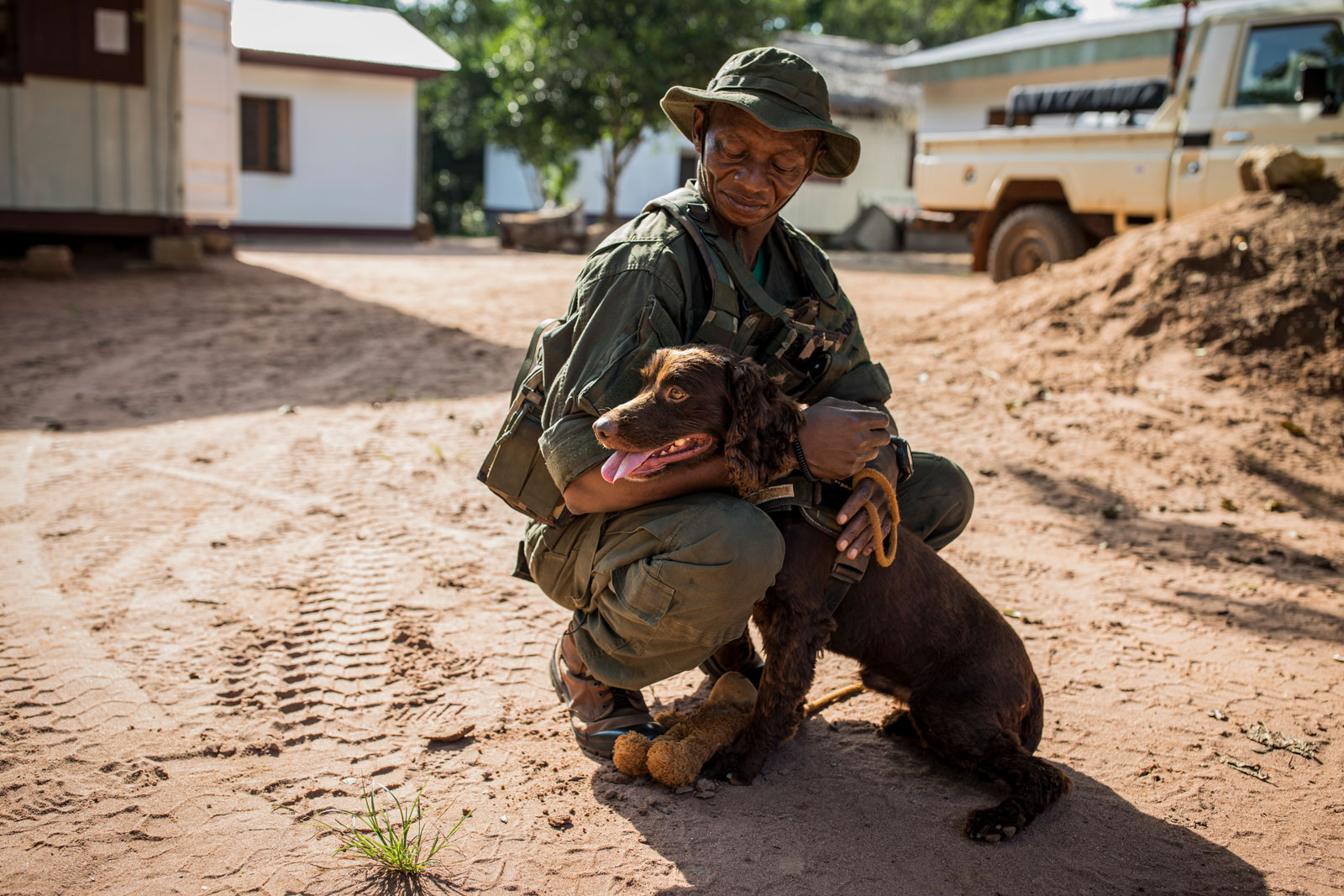
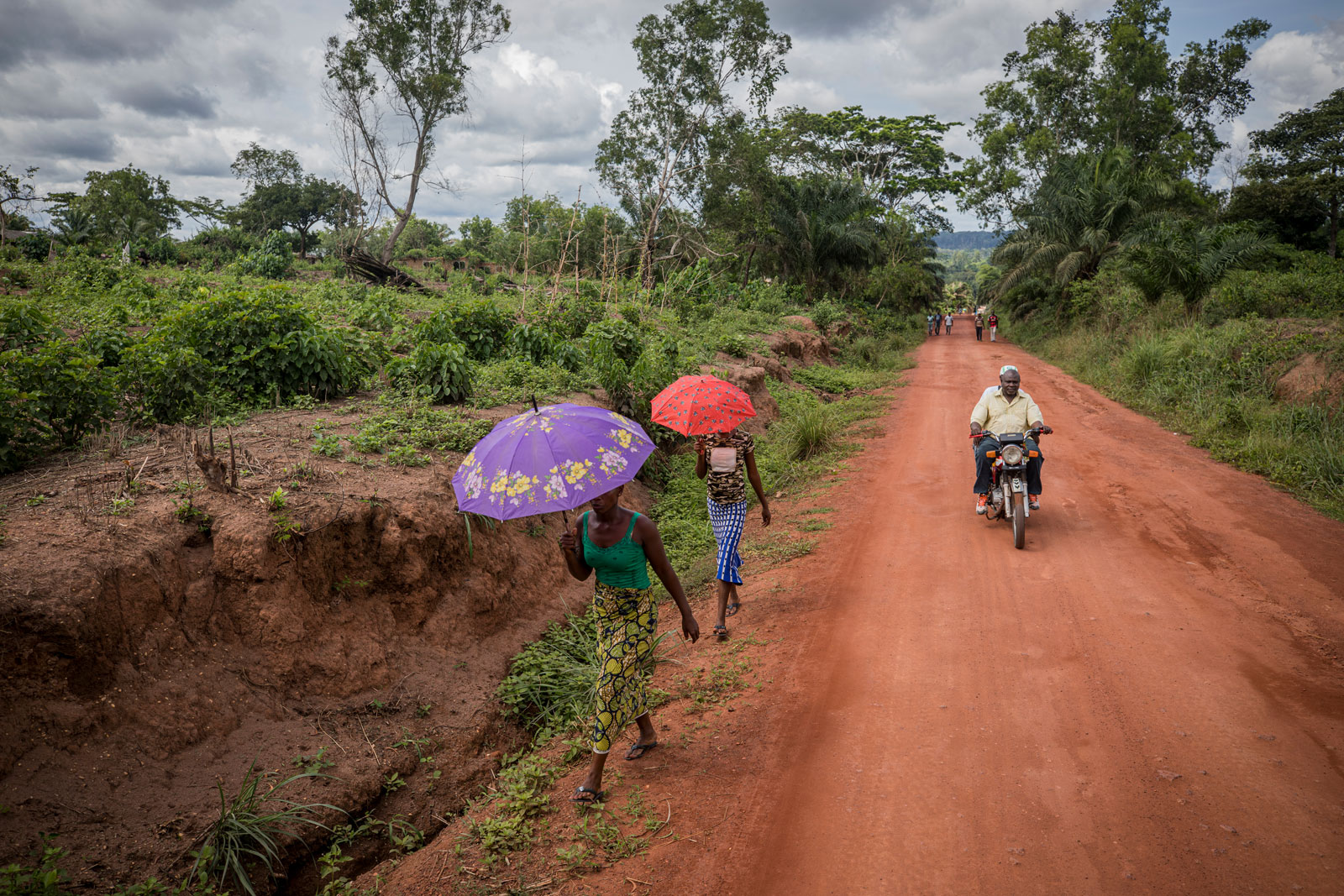
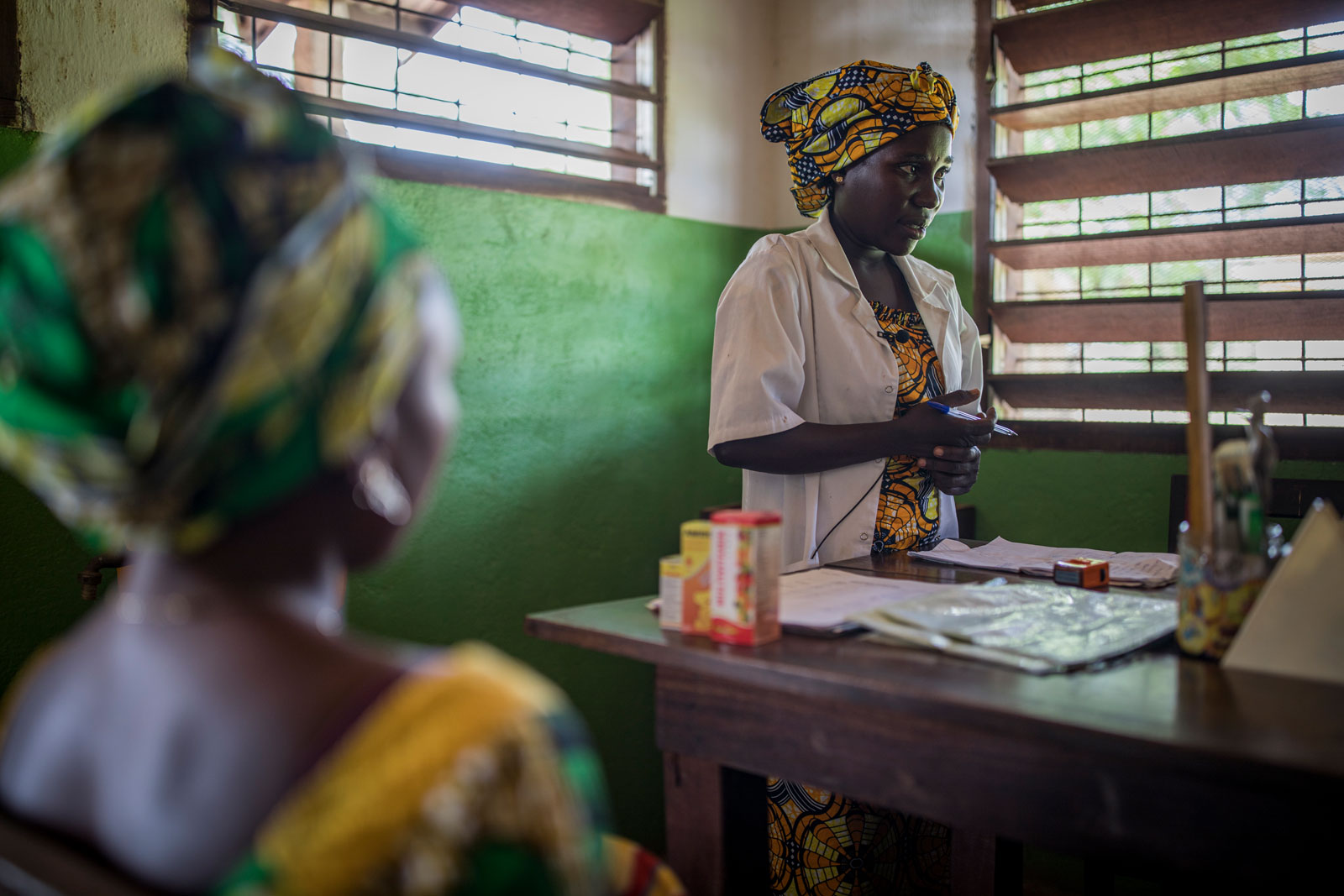
Sustainable forestry
Sustainable Forestry
Implementation of Sustainable Management
The Dzanga-Sangha Dense Forest Special Reserve currently has two timber concessions covering an area of 2111,55 km2 and 2344,65 km2 respectively. The legal requirements provide for sustainable management in this area, but the certification of the companies to which the concessions were granted is still pending.
On this basis, we are working on the minimum requirements that both timber concessions operate within the DSPA until 2026 on the basis of approved and fully implemented management plans. They are lawfully certified or at least involved in a certification process.
Involvement of the Indigenous Population
In addition, we support the indigenous population through participatory mapping, in order to preserve trees that are important in their culture. Those are for example the trees that play a role in traditional rituals or serve as food sources, such as the Sapeli tree, which houses numerous caterpillars at certain times of the year, an important source of protein for the BaAka.
Effects of Deforestation
The effects of deforestation are the opening of roads and paths to transport the timber and the settlement of other people in the region. This increases the growing pressure on the forest, including hunting for bushmeat.
However, the concessions are trying to work together against illegal poaching: Ecoguards are present in this northern area of the reserve and cooperate with the park.



